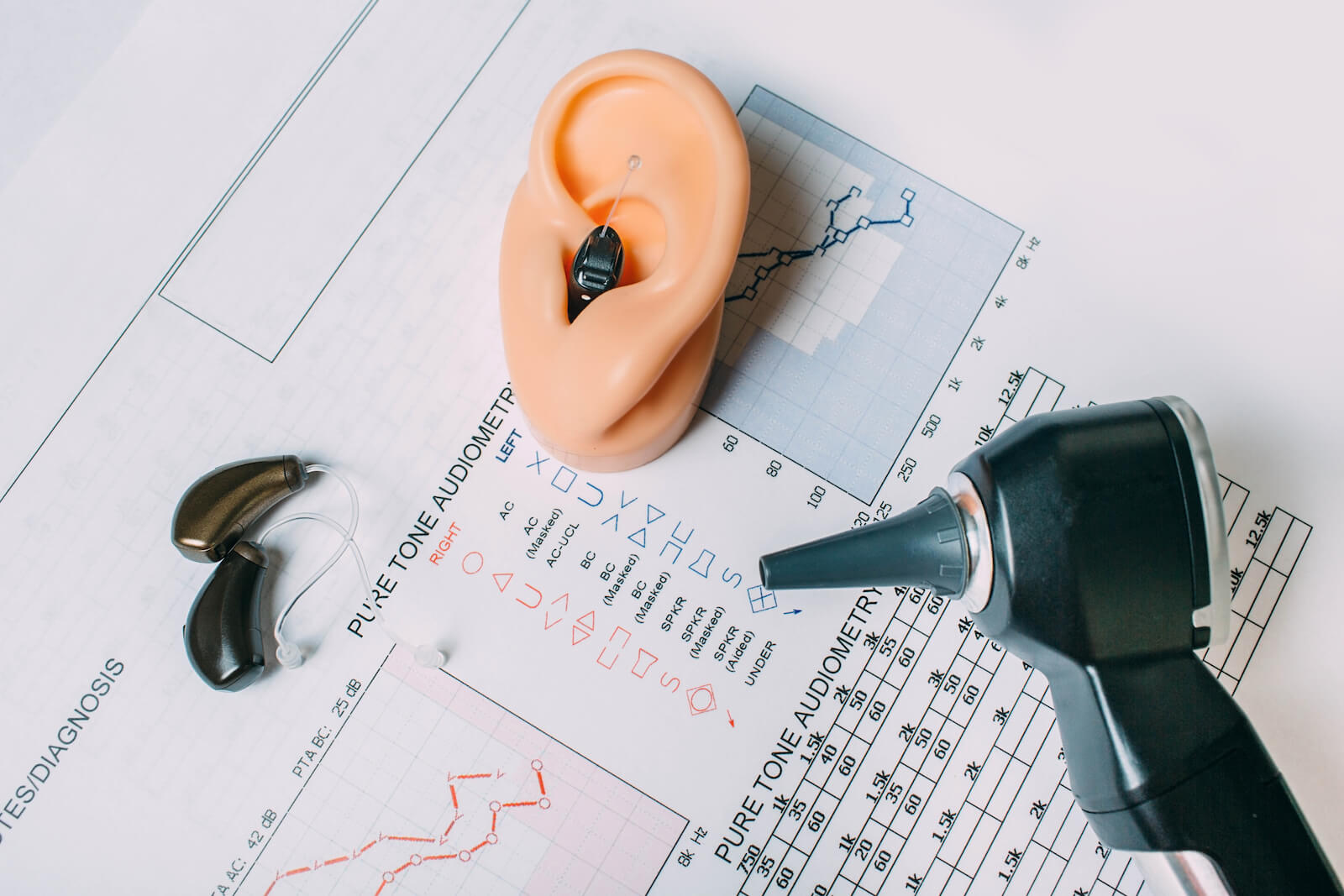If you need hearing aids but have not started the process of evaluating different models, you will likely be pleasantly surprised.
Your options bear no resemblance to the images you may have in your head of giant ear-banana-like devices with little aesthetic appeal your parents or grandparents wore. Today’s digital hearing aids are tiny, incredibly comfortable, and driven by a combination of cutting-edge hardware and software that make them easier to use and more effective in virtually any sound environments than their predecessors. Still, you’re not shopping for a new pair of jeans – this is an important medical decision that impacts your total well-being. Your family can and should play a critical role in supporting you throughout the process
After all, hearing loss does not just affect you, it also affects your family, friends, and co-workers, so it is important to consider their perspectives of their interactions with you. The definition of “family member” can be as broad as you like: an immediate family member, a close friend or a caregiver all qualify.
Hearing Care Professionals (HCPs) understand that most of their patients realize their hearing loss through their interactions with family and friends. That is why more HCPs embrace an approach known as “Family-Centered Care” that encourages family involvement during consultations and decision-making processes for several reasons.
First, it’s simple arithmetic: four (or six or eight) ears are better than two.
You will receive a lot of information from your HCP, particularly during your initial audiology appointment. Having a friend or family member who takes notes and asks questions will make it much easier for you to remember everything and have productive discussions with them afterwards.
Second, you will ensure everyone is on the same page. Sometimes perspectives can differ, and exploring them together and openly goes a long way to achieving a better understanding and outcome for everyone. This promotes shared decision-making and gets everyone working toward the same goals.
Your family can also listen to the instructions on how to use, maintain and troubleshoot your new hearing aids. Like learning any new skill, learning to use hearing aids is easier when it’s a team effort.
So, it’s no surprise that studies have shown that patients spend less time in follow-up appointments and are more satisfied with their new hearing aids if they involve family members instead of trying to go it alone.[1] That’s why it’s important to assure family members that they are permitted to attend your audiology appointments. In fact, make it clear that you want them to join.
You should also tell your HCP that not only will your family members be with you, but you will encourage them to ask questions and take notes. Remember, hearing loss affects the whole family and treating hearing loss is no different.
Here are some additional tips for incorporating the family into your path to better hearing.
- Ask if family members are welcome. If the answer is “no”, you may want to reconsider making that first appointment.
- During the appointment, there should be comfortable seating for you and your family member. Don’t force them to stand behind or beside you, and make sure the HCP addresses all of their questions and concerns. You’re all there to have an important, productive conversation.
- Tell your HCP the story of your struggles with hearing loss, and encourage your family member to do the same. This will help the HCP understand the challenges you face, your family and friends face, and those you all face together. Every patient is unique, and the HCP must carefully consider your situation, not try to force you into a generic patient mold or template.
Above all else, realize that the Family-Centered Care model is an approach to total well-being (not just hearing health) that recognizes the vital role family plays as your trusted partner in educating yourself on your diagnosis, your treatment options, and on the execution and monitoring of those treatments.

Nicole Klutz, AuD, Manager of Audiology at Phonak Audiology Research Center (PARC)
Dr. Nicole Klutz is the Manager of Audiology at the Phonak Audiology Research Center (PARC) in Warrenville, IL. In her role, she provides audiological support and professional training to employees and hearing care professionals around the country.
Nicole joined Phonak in 2013 and has worked extensively with the international product and scientific marketing teams throughout Phonak and its parent company, Sonova. Prior to Phonak, Nicole practiced clinically for several years. Her clinical experience includes diagnostic audiometric evaluation, hearing instrument dispensing to pediatric through geriatric population, electrophysiological and vestibular testing, as well as professional education and training.
Nicole dedicates a great deal of her time developing and implementing clinically relevant and easy-to-use demonstration tools in everyday environments and is an active supporter of live demonstration. Her professional areas of focus include product testing, eAudiology, and Family-Centered Care.
Nicole received her Bachelor’s degree in Communication Sciences and Disorders from the University of Maine, Orono and her AuD at Western Michigan University in Kalamazoo, Michigan.
[1] Promoting the Participation of Adults with Acquired Hearing Impairment in Their Rehabilitation. Ariane Laplante-Lévesque, Louise Hickson, and Linda Worrall, University of Queensland (2010).







